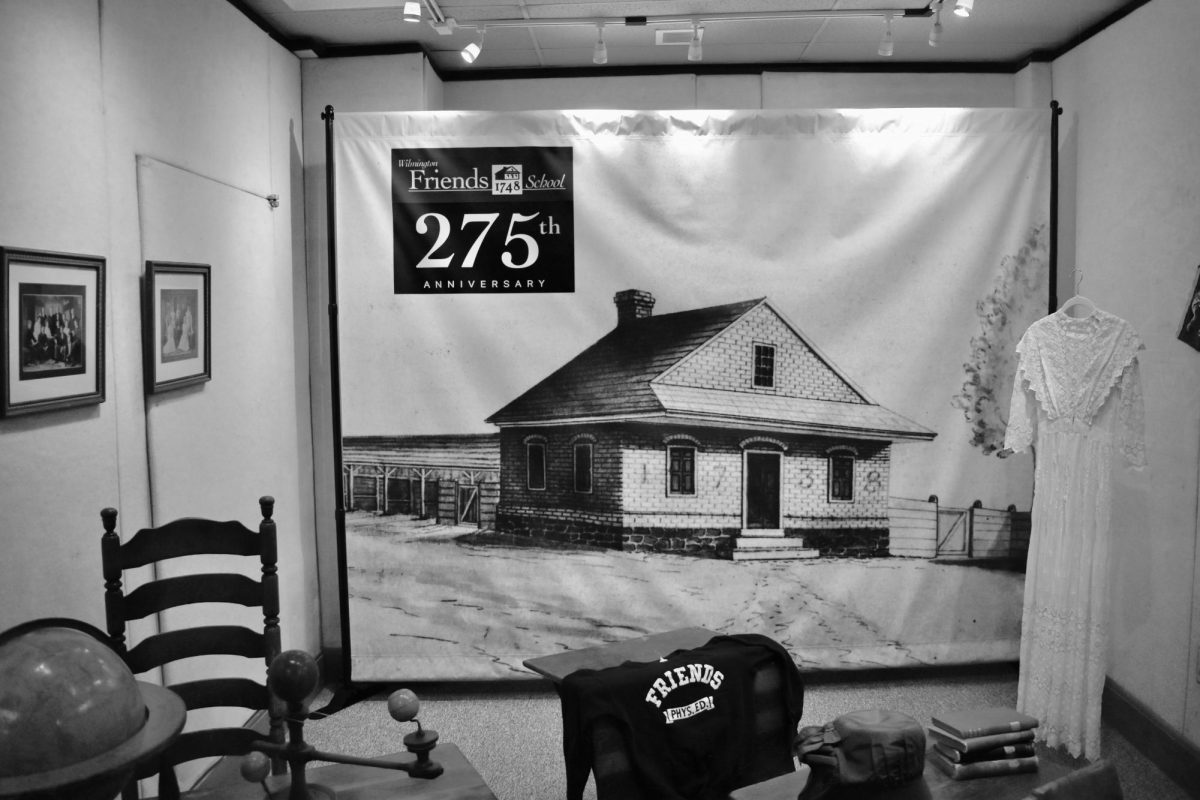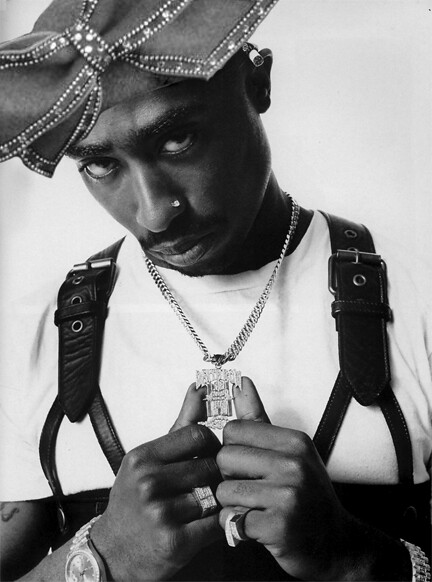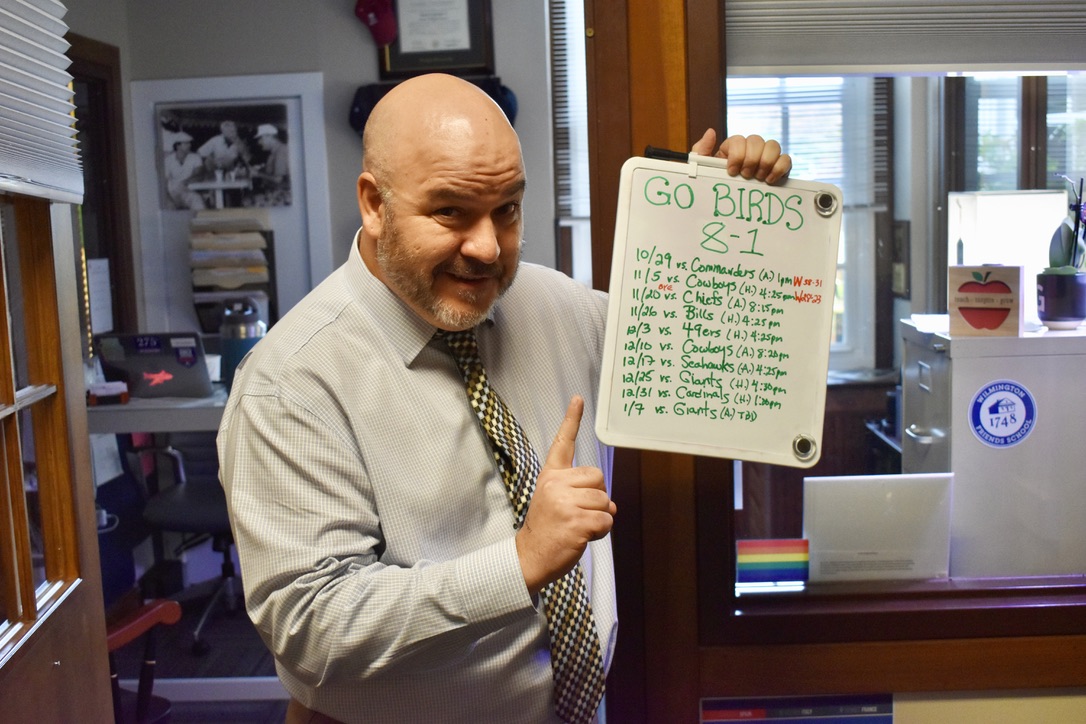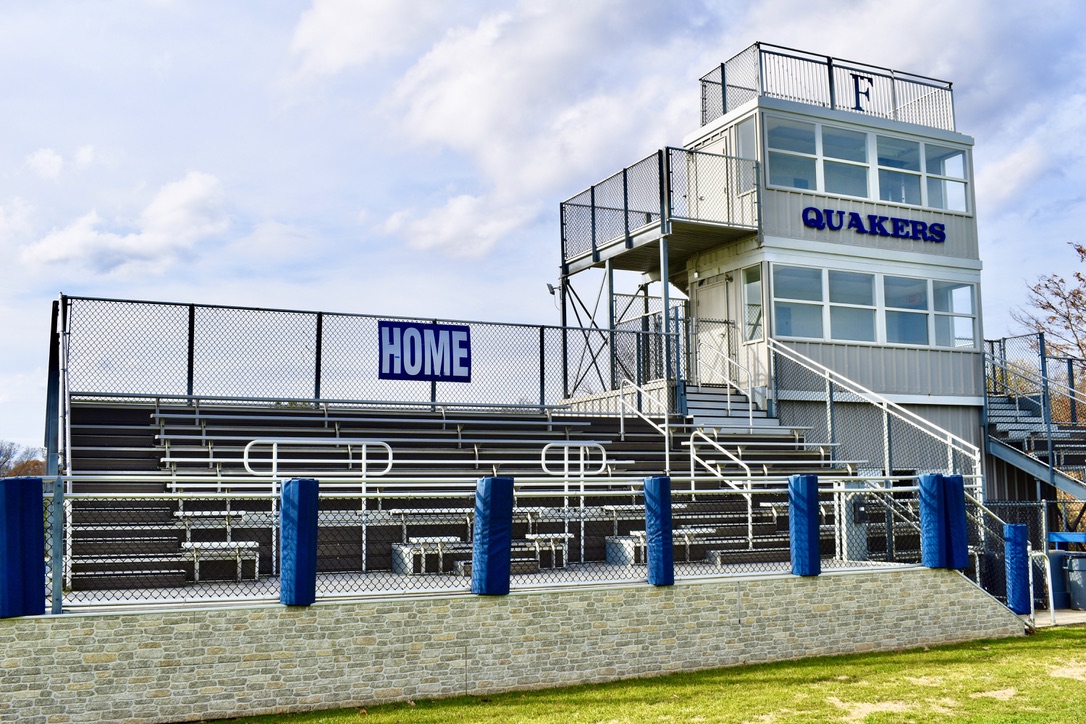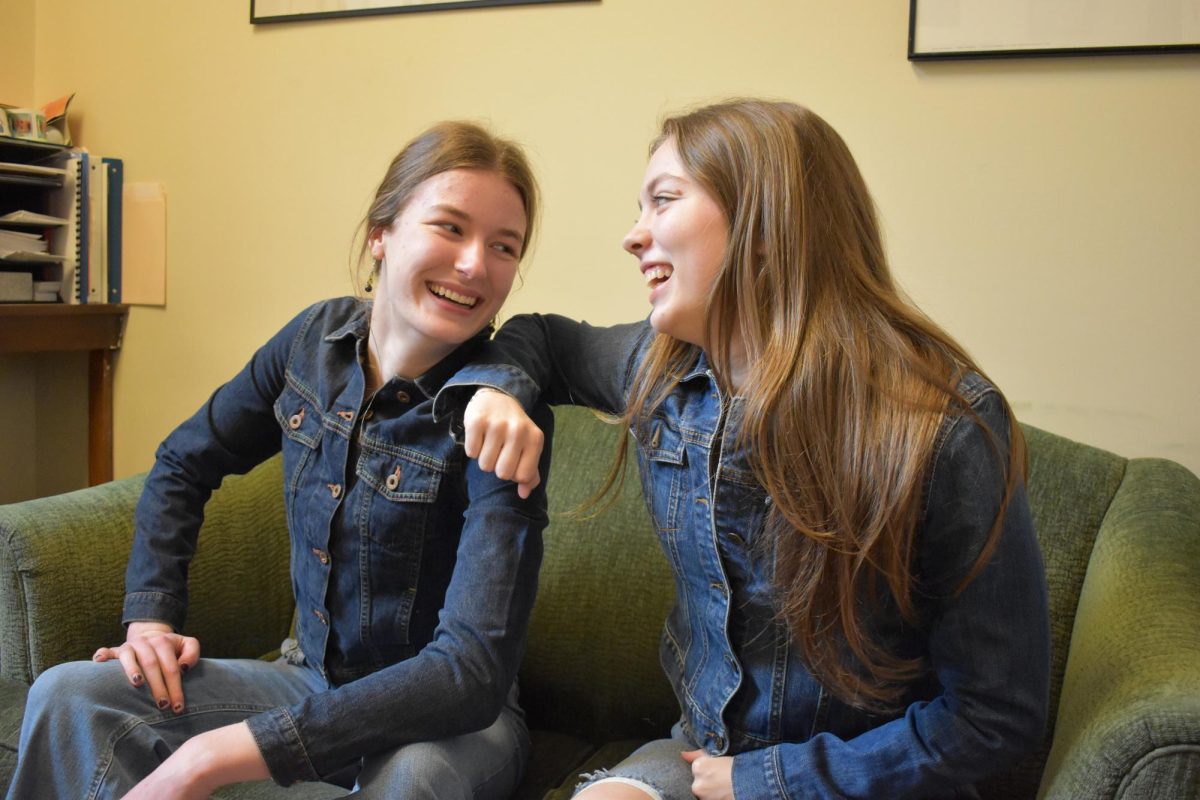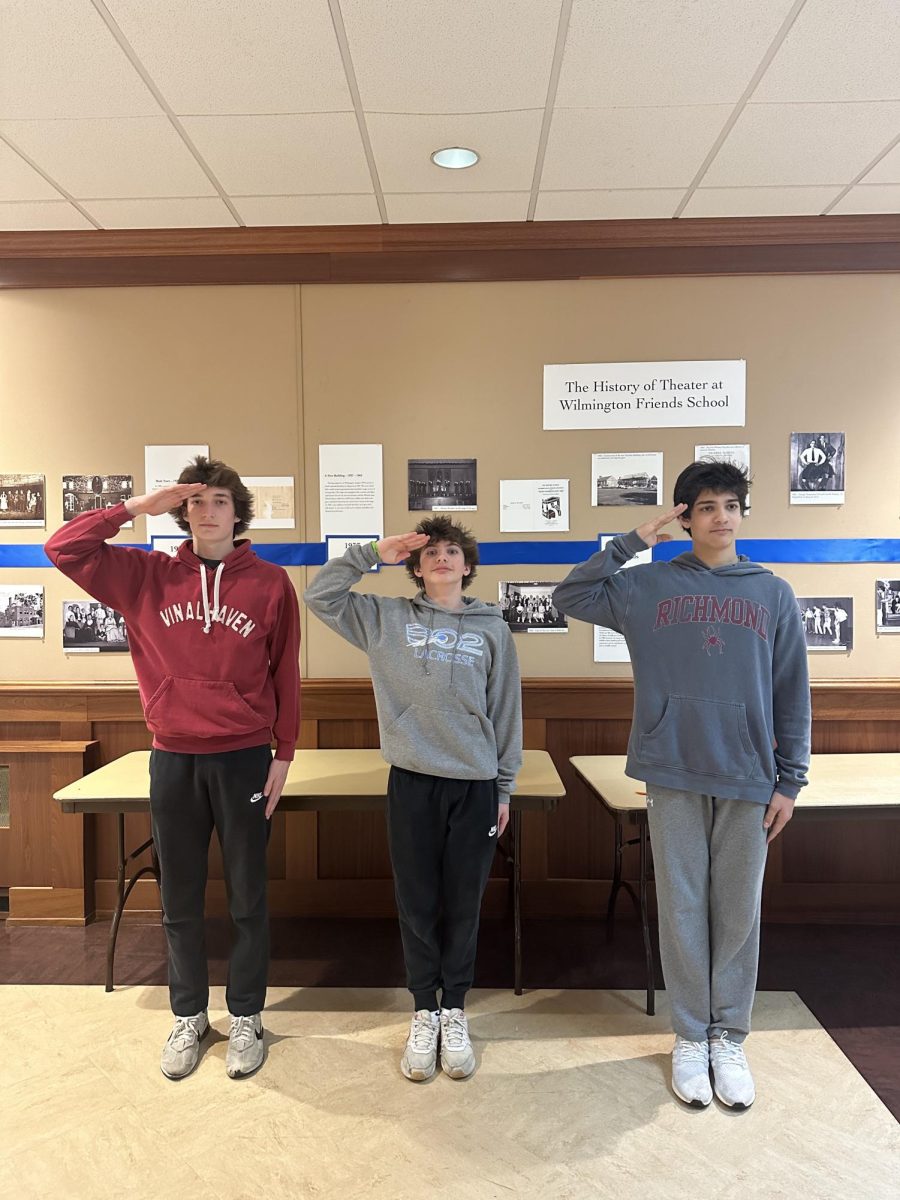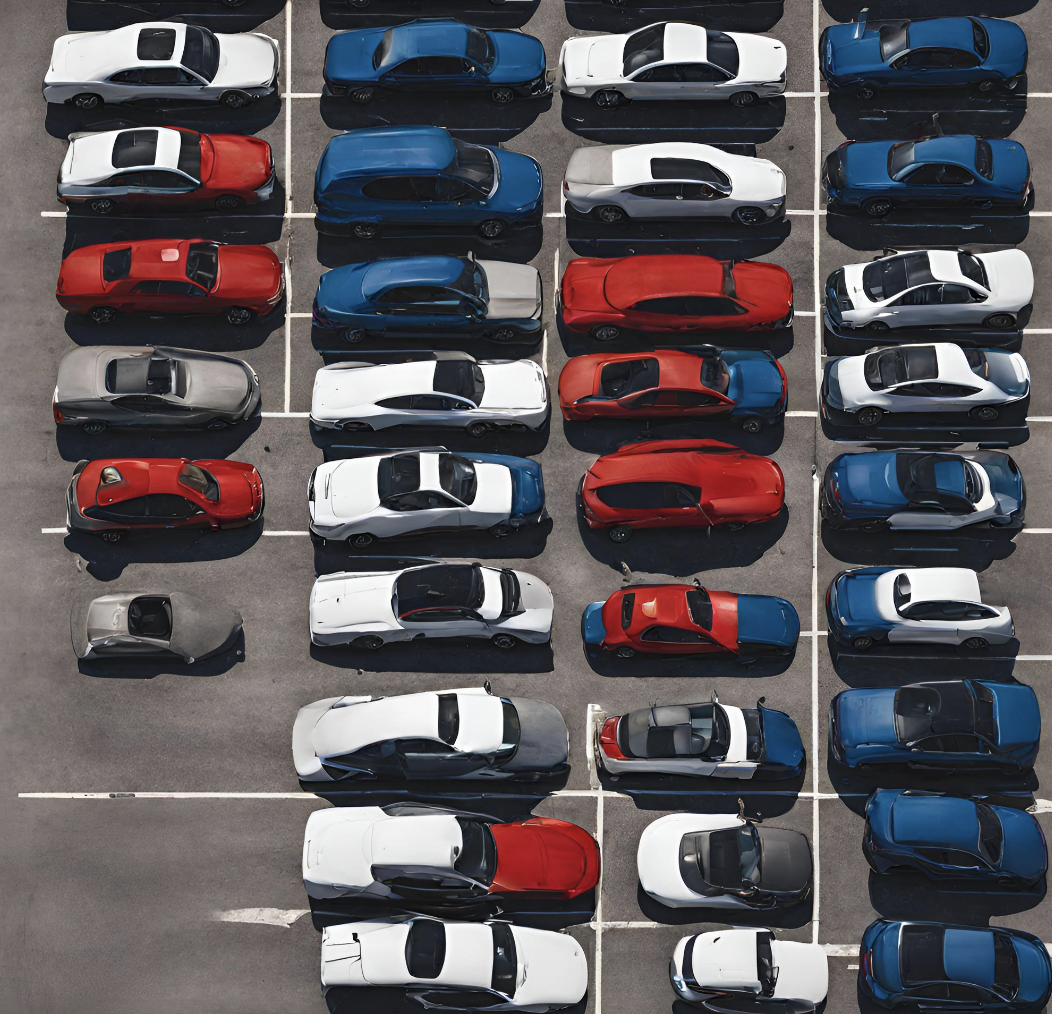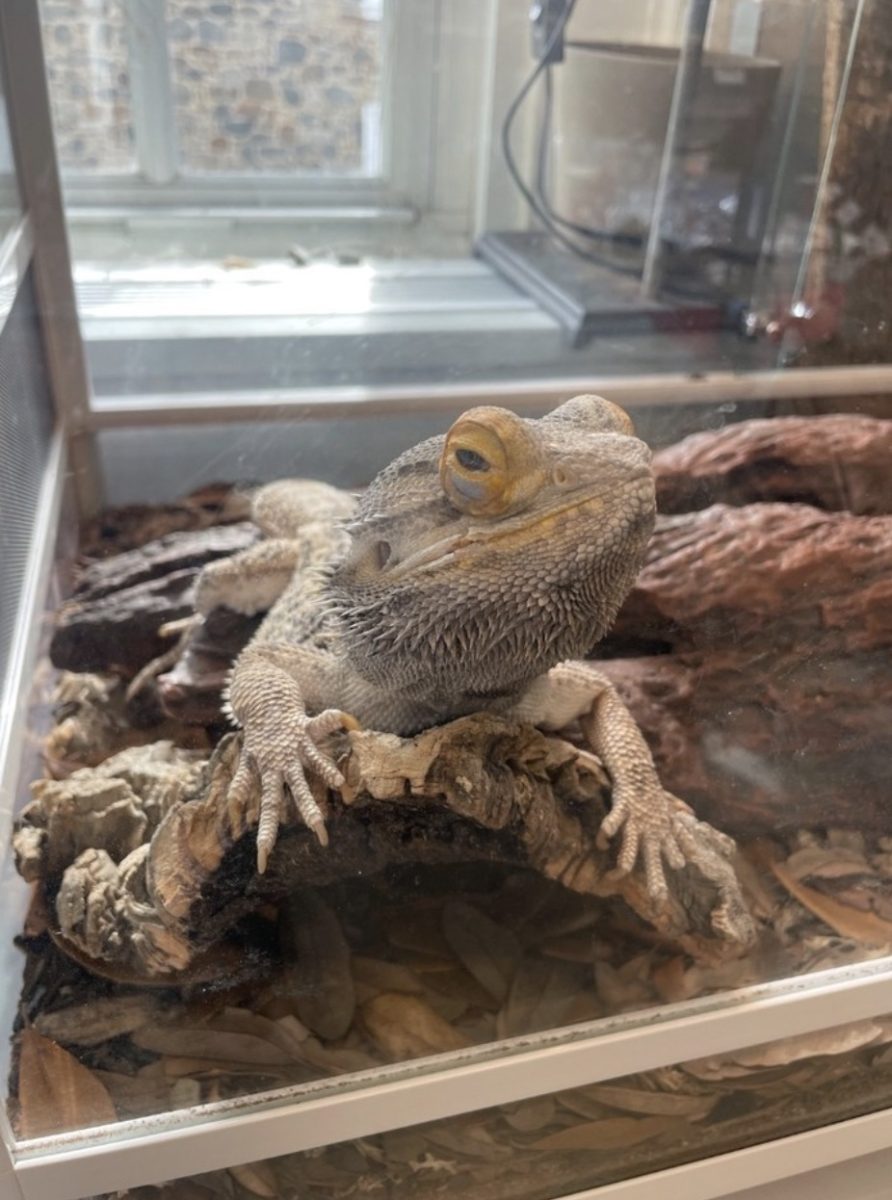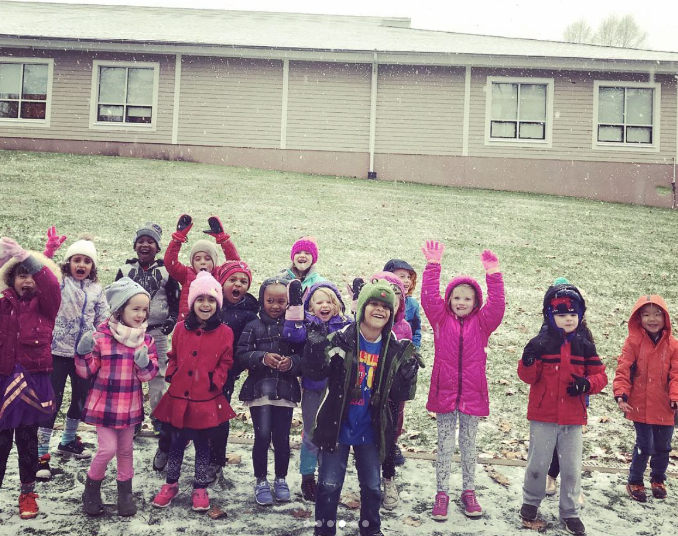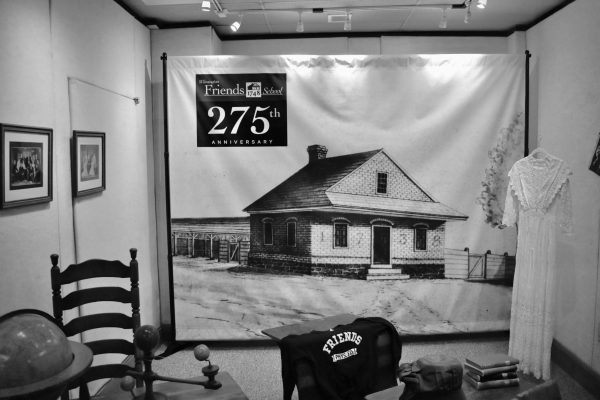Keep Tiaras Away from our Toddlers?
Homecoming 2013
On September 18, 2013, the French Senate passed a law banning beauty pageants for children under sixteen. With 196 votes in favor of the age restriction and 146 against, the bill now proceeds to the Assemblée Nationale. If it prevails, beauty pageant organizers and participants could face a fine of 30,000 euros (40,000 US dollars) or up to two years in jail.
The question of whether to ban child beauty pageants was brought to light in 2010, after Vogue published a photo spread that featured a heavily made-up ten-year-old French girl wearing skin-tight clothes and high heels. The spread sparked international outrage and prompted a campaign throughout France for age restrictions. Supporters cited the need to protect children’s innocence and cautioned the effect of child beauty pageants on French culture. While not nearly on the same scale as Toddlers and Tiaras here in the United Sates, child beauty pageants had become popular in small towns across France. Many feared the spread would create a superficial culture in the region.
Internationally, child beauty pageants are often criticized for over-sexualizing young girls and teaching them that their only worth is in their looks. Claude Knights, CEO of Kidscape, an anti-bullying nonprofit in the United Kingdom, states that, “From a very early age, . . . girls in particular are helped to believe that their only value is in their appearance.” She expresses the same concern as many not only in France, but also in the UK and United States. From fake tans to layers of makeup, to heels and mini-skirts, girls are paraded around to be judged on their appearance, sometimes before they can even talk.
Child beauty pageants are criticized not only for the hyper-focus on physical beauty, but also for the extreme conditions of the competitions themselves. Because of long hours and early mornings, girls as young as eighteen-months-old stay awake on “pageant crack” (pixie sticks and soda). In addition, contestants travel in buses and vans across the country to get to the competitions, which can cost up to $3,000 just to enter.
From a different perspective, many parents who enter their children into beauty competitions argue that pageants give them life skills that they would not otherwise have. Pageant mother Katie Parks told ABC news about the effect on her six-year-old daughter, Piper. “I find more positives than negatives [in beauty pageants]. I don’t think it’s any worse than another sport a child plays, and it is a sport. You have to get good at it to achieve a higher title or award. I have seen massive improvement in her self-confidence. She went from being a shy child on stage to ‘in-your-face look at me. I am really cool.’” Another mother described how her previously shy thirteen-year-old daughter has become extremely personable and outgoing. She went on to say how her daughter can now “outspeak” many people her own age and older in a public setting.
With regard to age restrictions, however, even pageant participants raise concerns about children getting involved too early. When asked whether parents should be allowed to enter their young children, Peyton Beard ’14, who recently entered the “Miss Delaware Teen USA” pageant, replied, “No…. It subjects kids so much. T&T (Toddlers and Tiaras) shows how much pressure parents put on their kids…I think it’s better for older girls to do it though. At least for the Miss Delaware Teen USA Pageant, the finalists are responsible for all of the work that has to be done. To be able to participate, each contestant in this pageant has to raise $895 in sponsorships. That money goes towards hotel accommodations, prizes, production costs, and other aspects of the pageant…It instills a lot of responsibility.”
So, while the benefits for older participants might be more clear, the debate now rages about the cost to kids like Honey Boo-Boo and whose job it is to protect them. Specifically, can the American government follow France’s lead and limit parents’ rights to enter their children in beauty pageants?
Sociologist Hilary Levey Friedman, from the Malcolm Wiener Center for Social Policy at the Harvard Kennedy School, highlights the American tradition of treading lightly when restricting parental rights. “Historically and legally, our system defers to parents to make the right decision for their child,” she says. “We see the family as more of a private entity.” Despite 89% American support for a ban, Friedman is convinced a law could not pass. The French legislature, however, has deemed pageants so dangerous that the well-being of the children justifies subordination of parental rights. Do you agree?

